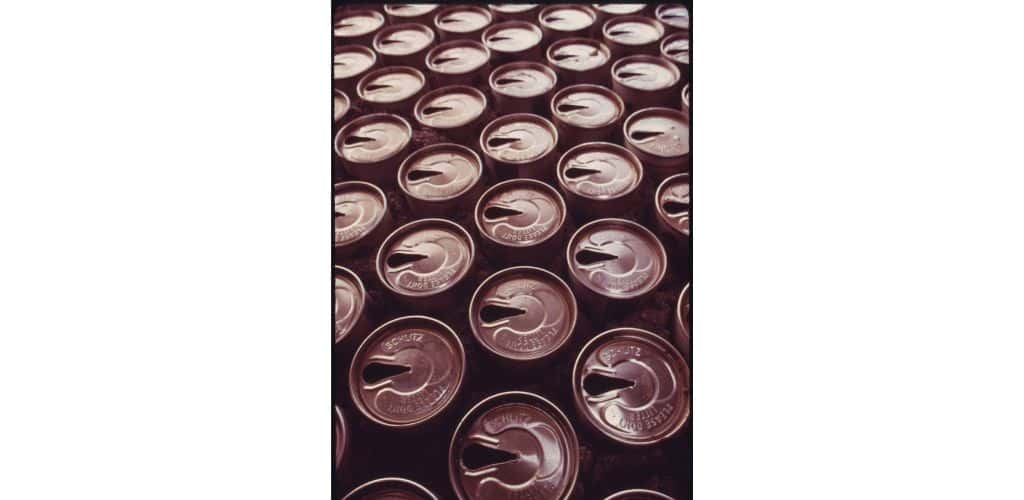The Federal Circuit reversed and remanded a district court’s finding that patents were not invalid under the on-sale bar, finding that a letter sent to a Colorado company triggered the bar.
Under the pre-AIA version of on-sale bar,
[a] person shall be entitled to a patent unless . . . the invention was . . . on sale in this country, more than one year prior to the date of the application for patent in the United States.
35 U.S.C. § 102(b) (pre-AIA).
In the Crown Packaging case, Crown Packaging brought suit against Belvac Production Machinery, Inc. for infringement of various claims of U.S. Patent Nos. 9,308,570, 9,968,982, and 10,751,784. The earliest priority date of the three patents is April 24, 2008.
As the court explained,
During the manufacture of metal beverage cans, it is common to reduce the diameter of the top of the can body through a process called “necking.” The asserted patents concern horizontal, multi-stage necking machines for necking cans at high speed and recite device claims on necking machines and assemblies.
Belvac raised the affirmative defense of invalidity under pre-AIA 35 U.S.C. § 102(b), asserting that a necking machine embodying the invention claimed in the asserted claims was on sale by Crown in the United States before the critical date of the patents.
The key issue on appeal was whether Crown, before April 24, 2008, made a commercial offer for sale in the US.
On November 14, 2006, Crown sent a letter to Complete Packaging Machinery, a Colorado company, that provided a “quotation” regarding Crown’s CMB3400 necking machine. The letter included a description and price for a 13 stage “3400 Die Necker.”
The letter stated that the necking machine would be “ready for despatch [sic] 30 weeks from receipt of order.”
Although there’s no evidence Complete ordered the machine, Belvac contended that the letter was a commercial offer for sale in the US.
Crown argued that the letter didn’t trigger the on-sale bar because:
- the letter was not a commercial offer for sale because it could not have created a binding contract through acceptance; and
- the letter was not an offer for sale “in this country [i.e., the US].”
The court noted that to trigger the on-sale bar, the statute requires that
- the subject of the offer for sale must embody the claims of the asserted patent;
- the offer for sale must have been “in this country”; and
- the offer for sale must occur before the critical date of the asserted patent.
In addition, under case law, two additional conditions must be met before the critical date: the invention is
4. “the subject of a commercial offer for sale” and
5. “ready for patenting.”
The only issues the parties disagreed on were:
- whether the letter was a commercial offer for sale; and
- if the letter was an offer for sale, whether the offer was made in this country.
In this case, the alleged offer for sale was a “quotation.” The district court had found that this was not a commercial offer for sale.
However, said the Federal Circuit,
the letter to Complete was sufficiently definite as to the terms of the offer for sale to constitute a commercial offer for sale. The letter provided a detailed description of the 3400 Necker and listed an actual price for that necking machine…
Crown argued that an offer for sale made from outside the United States is made “in this country” only if the invention was sold for use in the United States.
The Federal Circuit disagreed:
Our precedent demonstrates that an offer directed to a United States entity at its United States place of business is an offer “made in this country” as required for pre-AIA § 102(b).
The takeaway here is that company legal departments need to make sure that their marketing and sales departments are aware of the on-sale bar and don’t risk losing the company’s patent rights by sending out sales and marketing communications prematurely.
Just like the haiku above, we like to keep our posts short and sweet. Hopefully, you found this bite-sized information helpful. If you would like more information, please do not hesitate to contact us here.


